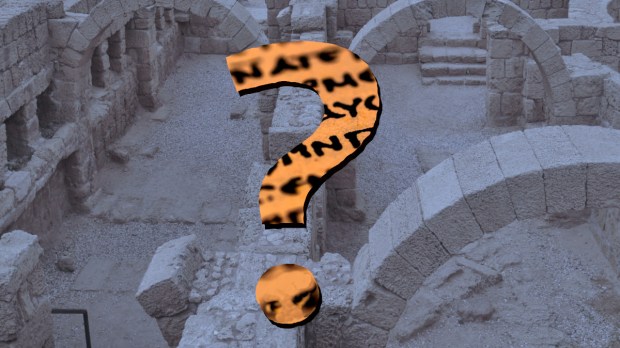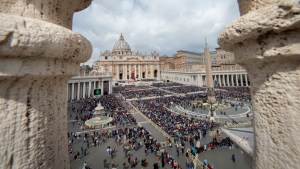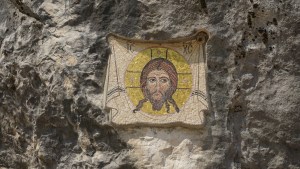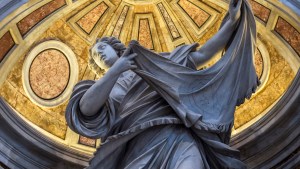In biblical studies, the term antilegomena is used to refer to a group of books or writings that were disputed (literally, “spoken against”) or debated concerning their status as canonical or authoritative within the Christian tradition. These writings were not universally accepted by all early Christian communities and were thus subject to varying degrees of skepticism.
The concept of antilegomena is closely associated with the renowned “Father of Christian History” Eusebius of Caesarea (not a Church Father), also known as Eusebius Pamphilus, whose work on the topic provides valuable insights into the formation of the Christian canon.
Eusebius was a scholar of the biblical canon, and surely one of the most learned Christians during late antiquity. Either Greek or Palestinian, he was a historian, an exegete, and a polemicist. Early in the 4th century, he became the bishop of Caesarea Maritima, in the Roman province of Syria Palaestina – hence his “nickname,” Eusebius of Cesarea.
In his famous work Ecclesiastical History, Eusebius classified Christian writings into three categories: the homologoumena (meaning “universally accepted books”), the antilegomena (literally “books that have been argued against”), and spurious or heretical books.
Whereas not necessarily right, Eusebius’ classification reflected the diversity of opinions within early Christian communities – opinions that were later discussed in Councils. In fact, Eusebius’ own work already provided a comprehensive account of the discussions surrounding these books, often citing the opinions of various early Christian leaders and scholars. He noted that while some churches accepted some of these books without question, others were more cautious about their inclusion in the New Testament canon. The reasons for their disputed status varied, including concerns about authorship, doctrinal consistency, and even regional acceptance.
Ultimately, over time, many of the early antilegomena books were accepted as part of the Christian canon. The debates and discussions documented by Eusebius and other early Christian writers highlight the complex, minute, painstaking process of canonization in the early church, and the vast richness of theological perspectives that laid the foundations of Christianity.




